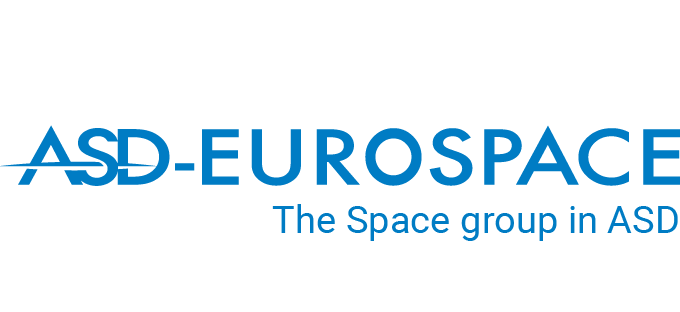Supplier dependency hampers space impact assessment on bisphenols REACH restriction proposal
On 22 May 2023, Eurospace has sent to the European Chemicals Agency (ECHA) the European Space Sector comments for ECHA’s public consultation on the REACH Restriction proposal by Germany for initially five bisphenols, including Bisphenol A (BPA) and four bisphenols of similar concern (BoSC) for the environment. The restriction could be adopted by the end of 2024.
In the contribution (here), which was prepared in the frame of the Space Restrictions Task Force (RTF) comprising key European space companies, agencies and third party experts, Eurospace stresses the Space Sector’s critical dependency on the chemical manufacturers and formulators for the restriction impact assessment.
End users in the Space Sector are dependent on suppliers declaring the presence of these substances in the products supplied, as they are proposed to be restricted in concentrations (0.001 % by weight) much lower than what needs to be reported in Safety Data Sheets and REACH Article 33 declarations.
Equally for this reason, substitution options cannot be properly assessed. The typical long lead times for the qualification and introduction of possible alternatives in the parts and processes, sometimes qualified not only by European organisations (for example ESA), but also by the US NASA for programmes carried out in collaboration are recalled.
BPA and BoSC are currently known to be present in a multitude of space-related applications. In particular, BPA containing epoxies are widely used in epoxy adhesives for structural and non-structural bonding over a wide temperature envelope. In addition, BPA and BPF based epoxy composites are critical for satellites and launchers. In satellites, composites form the backbone of both platform and payload structures, support structures, solar arrays, tanks, as well as being used in reflectors and antennas. Similarly, launchers require composites in their fairings, adapters, stage and interface structures, skirts, tanks, etc.. BPA is also present in a number of electronic components for space applications.
To ensure the continued uninterrupted functioning of the European and global space industry supply chain, the Eurospace contribution insists that the final restriction should not prevent (either directly or indirectly) the availability of BPA and BoSC reliant mixtures and articles, before viable alternatives have been developed, tested and qualified for use in all affected space parts, products and processes.
With regard to the proposed extension mechanism to include additional BoSC in the restriction in the future, Eurospace recalls that industrial stakeholders should be consulted by the European Commission prior to any such extension, and that enough time and resources for substitution will be available.
The Eurospace contribution on bisphenols is the first public deliverable prepared by the Space Restrictions Task Force (RTF). The RTF is an initiative of the Materials and Processes Technology Board of the European Space Components Coordination (ESCC MPTB), presently chaired by ESA; it was kicked off on 10 February 2023. Currently the RTF is working on another set of comments, to feed into the ECHA public consultation on the “universal” PFAS restriction proposal by September 2023.
Further information:
- Eurospace News Alert on the Space Restriction Task Force kick-off (link)
- Secretariat: Pierre Lionnet, Research and Managing Director, ASD-EUROSPACE, pierre.lionnet@eurospace.org, +33-(0)1 44 42 00 70
- Task Force Coordinator: Tim Becker, Senior Legal Advisor, REACHLaw Ltd., tim.becker@reachlaw.fi; +358 (0)40 773 8143
